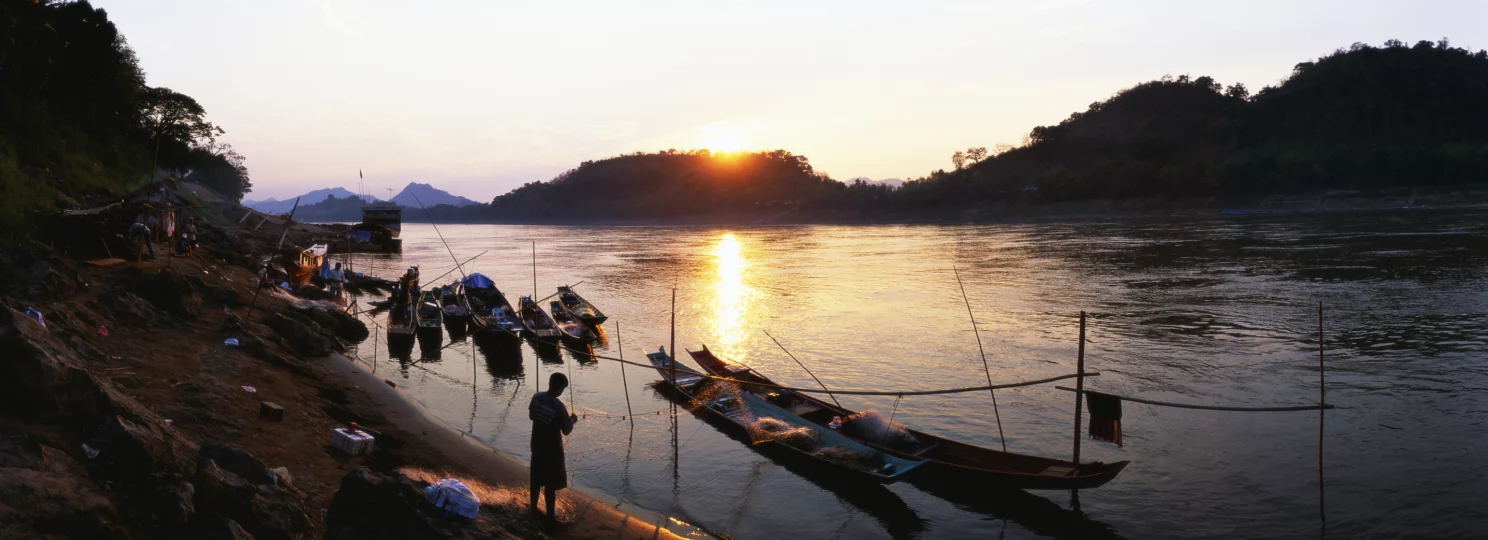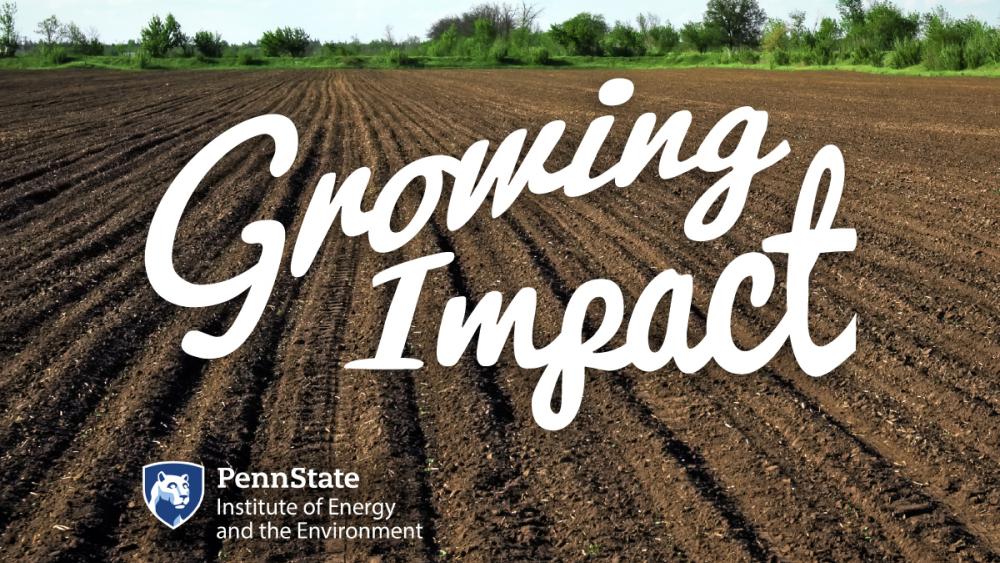Green Rights: How Southeast Asia Is Battling Environmental Justice Challenges
Environment
2025-04-08 11:34:43Content

In a groundbreaking exploration of environmental justice, researchers delve into the critical role of procedural rights in championing the right to a safe, clean, healthy, and sustainable environment across Southeast Asia. The study illuminates how procedural mechanisms can empower communities and drive meaningful environmental protection.
By examining the intricate landscape of legal and administrative frameworks, the authors highlight the transformative potential of procedural rights. These rights serve as powerful tools that enable citizens to actively participate in environmental decision-making, challenge harmful practices, and seek redress for environmental injustices.
The research underscores the unique challenges faced by Southeast Asian nations in balancing economic development with environmental sustainability. Procedural rights emerge as a key strategy for bridging this gap, providing local communities with a voice in protecting their natural resources and ensuring a more equitable approach to environmental governance.
Through a comprehensive analysis, the study demonstrates how robust procedural mechanisms can catalyze systemic change, promote transparency, and ultimately safeguard the fundamental human right to a healthy environment. This approach not only protects ecological systems but also empowers communities to become active stewards of their natural surroundings.
Guardians of Green: Procedural Rights Reshaping Environmental Justice in Southeast Asia
In the intricate landscape of environmental governance, Southeast Asia stands at a critical crossroads where legal frameworks and human rights intersect with ecological preservation. The emerging discourse on procedural rights represents a transformative approach to environmental protection, empowering communities to actively participate in safeguarding their natural heritage and challenging systemic environmental challenges.Unlocking Environmental Democracy: A Groundbreaking Legal Frontier
The Evolving Paradigm of Environmental Rights
Environmental jurisprudence in Southeast Asia has undergone a remarkable metamorphosis, transitioning from traditional regulatory models to a more holistic, rights-based approach. This paradigm shift recognizes that environmental protection is not merely a governmental responsibility but a fundamental human right intrinsically linked to individual and collective well-being. The region's diverse ecological landscapes—from lush rainforests to intricate coastal ecosystems—demand sophisticated legal mechanisms that transcend conventional environmental management strategies. Procedural rights emerge as a powerful instrument, enabling citizens to challenge environmental degradation, demand transparency, and actively participate in decision-making processes that directly impact their ecological surroundings.Legal Empowerment and Community Engagement
Procedural rights represent more than abstract legal concepts; they are practical tools for environmental justice. By providing communities with mechanisms to access information, participate in environmental decision-making, and seek judicial remedies, these rights fundamentally transform the relationship between citizens, governments, and natural resources. In countries like Indonesia, Philippines, and Thailand, grassroots movements have increasingly leveraged procedural rights to challenge environmentally destructive projects, demand corporate accountability, and protect indigenous land rights. These legal strategies have proven instrumental in halting environmentally harmful developments and promoting sustainable practices.Institutional Challenges and Transformative Potential
Despite significant progress, implementing comprehensive procedural rights frameworks remains complex. Institutional resistance, limited judicial understanding, and entrenched economic interests often impede meaningful environmental justice. However, innovative legal interpretations and growing judicial activism are gradually dismantling these barriers. Emerging judicial precedents demonstrate an expanding recognition of procedural rights as essential components of environmental governance. Courts are increasingly interpreting constitutional provisions to include environmental protections, thereby creating robust legal mechanisms for citizen engagement and ecological preservation.Technological Innovation and Legal Adaptation
Digital technologies and global communication platforms have revolutionized how procedural rights are conceptualized and implemented. Advanced mapping technologies, crowd-sourced environmental monitoring, and digital documentation tools enable communities to gather and present compelling evidence of environmental violations. These technological innovations complement legal frameworks, providing unprecedented transparency and accountability mechanisms. They empower citizens to document environmental changes, track corporate activities, and build compelling cases for environmental protection.International Collaboration and Normative Frameworks
The development of procedural rights in Southeast Asia is increasingly influenced by international environmental law principles. Regional collaborations, transnational legal networks, and global environmental agreements provide normative frameworks that support local environmental justice initiatives. International human rights mechanisms, such as the United Nations Special Rapporteur on Human Rights and Environment, have played crucial roles in legitimizing and promoting procedural rights approaches across different jurisdictions.Future Trajectories and Emerging Challenges
As climate change intensifies and environmental pressures mount, procedural rights will become increasingly critical. The future of environmental governance in Southeast Asia depends on developing flexible, responsive legal mechanisms that can adapt to rapidly changing ecological and social landscapes. Continued research, judicial innovation, and sustained community engagement will be essential in refining and expanding procedural rights frameworks. The region stands at the forefront of a global movement reimagining the relationship between legal systems, human rights, and environmental protection.RELATED NEWS
Environment

Toxic Plume and Panic: Camden Recycling Yard Blaze Sparks Environmental Alarm
2025-03-05 22:50:56
Environment

Green Revolution in Faith: Uttar Pradesh Transforms Religious Sites into Eco-Warriors
2025-02-26 17:37:00
Environment

Green Revolution: Scientists Wage War on Farm-Based Climate Culprits
2025-04-01 12:00:00





